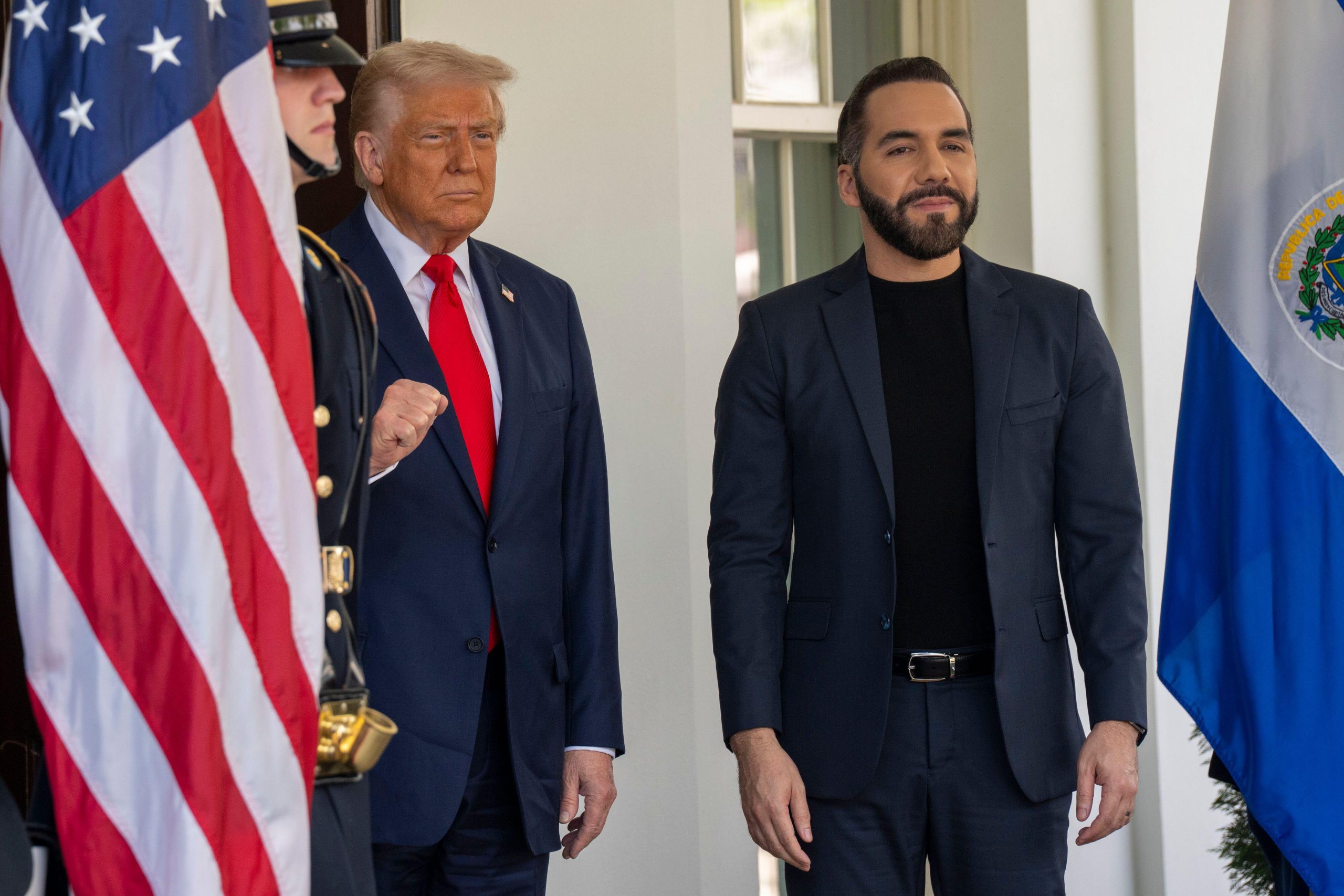Hello, welcome to Index on Censorship Uncut for Sub Saharan and East Africa.
I am honoured and excited to be part of this global team, and hope you will read and contribute to the growth and formation of a network of people across this continent and around the world. This first (official) blog, from me, looks at the overall picture of free speech in this area. Then there’s another one about the recent events in Zambia. I am delighted to welcome the contributor Tatenda Malan who’s written about Malawi and Botswana.
Please feel free to comment, critique, and add your comments. And to send in your ideas. We are actively seeking new writers, commentators, thinkers, activists and I particularly wish to encourage people who might not have published before, or who don’t write in English. Let me know how free speech works in your area — whether it’s radio stations that won’t play the music, a law that stifles free expression, harassment of journalists or activists,or a local event that is talking about issues that are difficult for the community. Index on Censorship seeks to promote ideas, debate, healthy controversy and free speech, via music, poetry, plays, improvised drama or journalism.
Thanks for reading this.
Thembi
Forget the newsagent. The way to get media information here is to hang out on the pavement. At the petrol station Fakuru sells me a paper from his stall laid out on the ground. Newspapers are displayed in a rack, and a group of men are huddled round reading the headlines. Over by the shoe polishing “fundi” a group of motorcycle taxi drivers are listening keenly to the football results on the radio. A hundred yards down the road, Mama Ameena runs a tv shack — for a penny you can go inside and watch the news.
There is media here in East Africa and Sub Saharan Africa, lots of it, newspapers, the much vaunted (in the West) East Africa high speed internet cable, private radio stations, and daily news broadcast on televisions. In South Africa there are 17 private newspapers, but only two Ombudsmen. Here in Tanzania there are nine private radio stations, and the Chinese-owned Star TV cable station. We get Al Jazeera, CNN, Fox, DSTV (from South Africa), Hindi films and Nollywood. The problem is not quantity, but quality and access. A combination of poor journalism, bullying, fear and widespread poverty, (the recent global food prics hikes have seen all the basic staples in the region double in price in two years) means most people are concentrating on the basics, not press freedom and censorship.
Poverty and lack of media freedoms, freedom of expression, and a culture of debate go hand in glove. There are flagrant abuses of press freedoms and brutality to journalists (in DR Congo and Ethiopia and Rwanda right now journalists have been beaten up or put in prison accused of treason; in Swaziland the President of the National Union of Students is imprisoned whilst his charges remain vague). There are also rife threats of lawsuits, defamation or sheer time wasting that prevent smaller commercial media outfits from broadcasting or writing what they want to. Despite judiciaries functioning in name, often a culture of bullying pervades, the threat of a lawyer is enough to prevent most people from pursuing their rights.
At a daily level women singers in Zanzibar are offered radio play in exchange for sex with DJs. In Kenya journalists are too frightened to take on the wrath of Unilever — who own the flower farms and tea estates — and exposing the scandal of female workers offering sex in exchange for work shifts and house repairs.
With top heavy government control, unwieldy bureaucracy and poor pay for journalists, it is sadly the case that in much of East and Sub Saharan Africa free expression is underdeveloped. Self censoring is rife. As Meab Mdimi, from the civil society organisation Daraja, in Njombe, Tanzania, notes: “Our media reproduces government press releases, journalists are frightened to expose factions, or even explore basic issues, like taxes, electricity, water supply.”
Mama Kidawa, a seaweed farmer in Zanzibar comments: “I want our local media to show me how other farmers live, real people, to promote discussion that is relevant to me, my life.”
This lack of quality reporting impacts on free speech, public debate, censorship and what “facts” are. Additionally some churches perpetrate misinformation, particularly around health, whilst the burgeoning of dubious self help books individualises what are essentially societal and political problems. Without information, critique and comparisons, people are stymied, intellectually, economically and physically.
Yet ironically we have it all here in East and Sub Saharan Africa a motivated workforce, plentiful mineral resources, and a hunger to learn, discuss and debate.
I write from Tanzania, where, according to Afrobarometer the majority of the population (of 45 million) have not more than basic primary education, 80 per cent do not own a television, and only 3 per cent of the entire population has ever written to a newspaper, or call a radio show. Seventy Seven per cent of our population is rural and under 34 years old. Yet mobile coverage is huge here — over 70 per cent of the East African population have access to a mobile phone.
There is change afoot: internet connectivity is limited to a small elite in the East African cities, but SMS and mobile phones are changing the way we talk and connect. As the predicted growth of middle classes here takes place, and time is freed up from doing basic chores, people are reflecting on the kind of societies they want. The basic desire to create, express and critique in public forums is utterly embedded in our cultures. Happiness, an entrepreneur says: “My parents were goat herders, I went to university and now run a successful business, I am determined to be informed and aware, because I can.”




